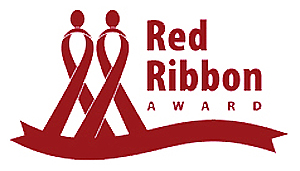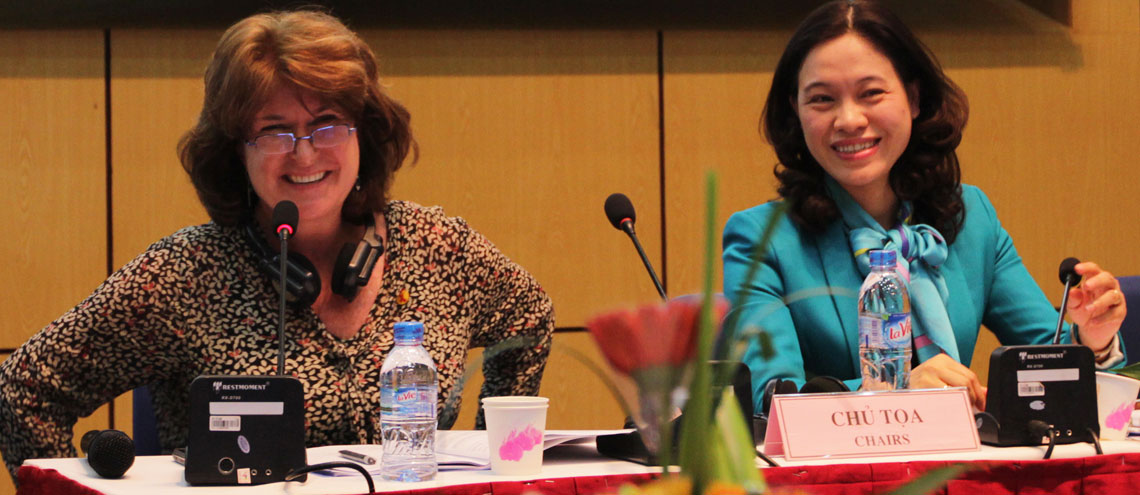Red Ribbon Award Winners Announced Ahead of the XVIII International AIDS Conference
 The Red Ribbon Award, named after the global symbol in the movement to address AIDS, is a joint effort of the UNAIDS family. The award recognizes outstanding community organisations for their work in reducing the spread and impact of AIDS.
The Red Ribbon Award, named after the global symbol in the movement to address AIDS, is a joint effort of the UNAIDS family. The award recognizes outstanding community organisations for their work in reducing the spread and impact of AIDS.
Twenty-five community-based organisations representing 17 countries across the globe have won the 2010 Red Ribbon Award.
“Grassroots and community based organizations are at the heart of the global response to AIDS,” said UNAIDS Deputy Executive Director, Management & External Relations Jan Beagle, “UNAIDS is proud to celebrate and honor these groups who have mobilized themselves to meet the needs of the most vulnerable in their communities with energy, passion, and compassion. The red ribbon award winners give a resounding voice to the voiceless.”
Each of the winning organizations receives a cash award and international recognition for their innovation and leadership in responding to the AIDS epidemic. The organizations are invited to participate in the XVIII International AIDS Conference to be held in Vienna next week where they will be guests of honour at a formal Awards Ceremony and will host a forum for dialogue and exchange between policy makers and community representatives.
“Communities really hold the key to finding solutions to their own problems,” said Dr. Helene Gayle, President and CEO of CARE, and a member of this year’s jury panel. “So while those of us with a lot of outside expertise may know the theories, community organizations are best suited to reach those most in need when it comes to applying them.”
Out of 720 nominations from over 100 countries, the 25 winners were judged to have demonstrated the most remarkable efforts in terms of innovation, impact, sustainability, strategic partnerships, gender sensitivity and social inclusion. The winners were selected by a Technical Review Committee of civil society representatives who are experts in the community response to HIV.
“These organizations clearly demonstrate that effective responses to the epidemic require the full participation of front-line, community-based groups. Community groups recognize that AIDS is one of many issues that are tied together. They understand that AIDS requires an exceptional response but they also understand that you need to link AIDS to broader issues of health, development and justice to be effective,” said Jeffrey O’Malley, Director of the HIV/AIDS Practice at UNDP.
Three winners from Asia and the Pacific region are Novices Aids Intervention and Rehabilitation Network in Thailand, an organisation of novice Buddhist monks who have been trained as HIV peer-educators, breaking the stigma associated with HIV and becoming a model for other novice monks and monastic schools in the country; Thailand Youth Volunteer Group, the first community-based organisation working across four regions of Thailand to respond to the needs of children and young people living with or affected by HIV; and Positive Voice in Nepal, an organisation of drug users and former drug users who are successfully lobbying for access to harm reduction services and anti-retroviral treatment for people who use drugs.



